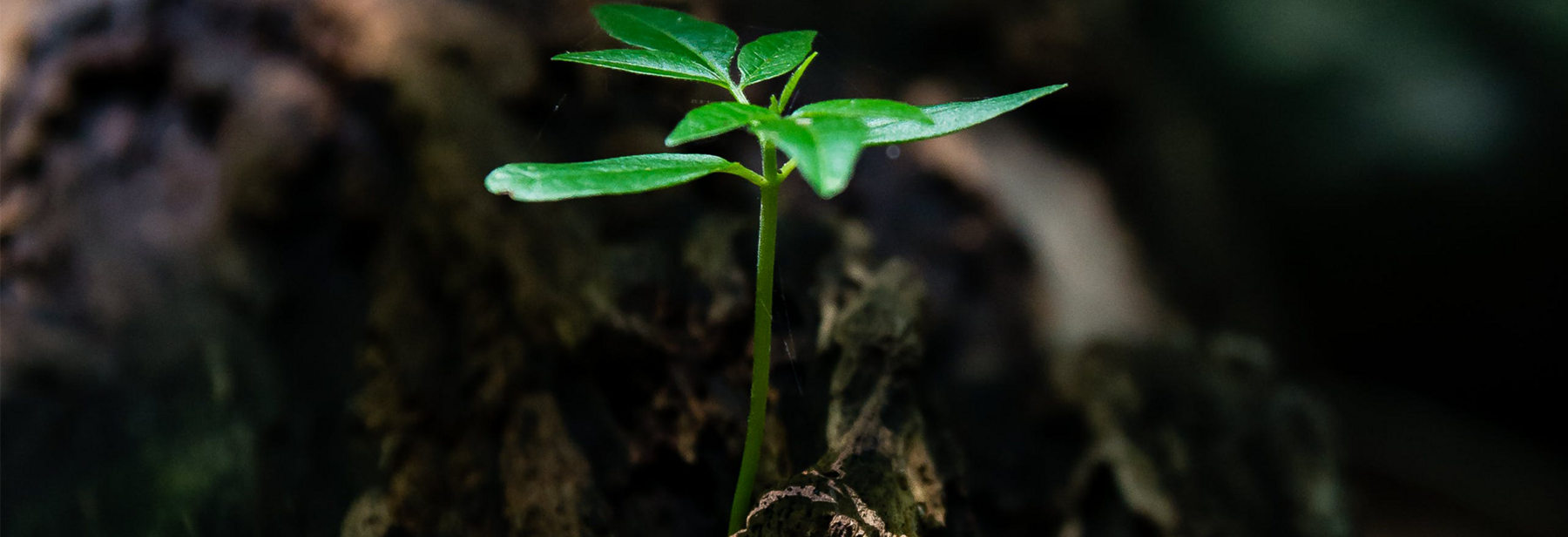
Learning from nature: lessons on adapting service systems in an uncertain and complex world
Robert F. Lusch, University of Arizona
Rafe Sagarin, University of Arizona
Richard Zang, University of Arizona
Biological life and the ecosystems they comprise are complex, adaptive and resilient. In these ecosystems there are not only predator-prey relationships but relationships where species interact and often exchange service through the process of mutualism (Bronstein 1994). Nature’s ecosystem is also one of the most pervasive service providers to humans (Daily 1997; Vargo and Lusch 2014). For instance, this includes pollination of crops, erosion control, and climate service but also cultural service(s) such as peaceful place to meditate or to swim or hike. For 3.5 billion years biological species have evolved in a complex, risk filled and uncertain world. Therefore, in this essay we suggest a worthy pursuit is learning from nature and drawing on the vast storehouse of knowledge about adaptation and the emergence of innovation in the biological. We summarize this vast knowledge by offering four rules for enhancing adaptability, four adaptability practices, and three guidelines for creating an adaptable service system. The discussion that follows is primarily around a service ecosystem view of an organization, but can be generalized to understand larger service ecosystems.
This is a working paper